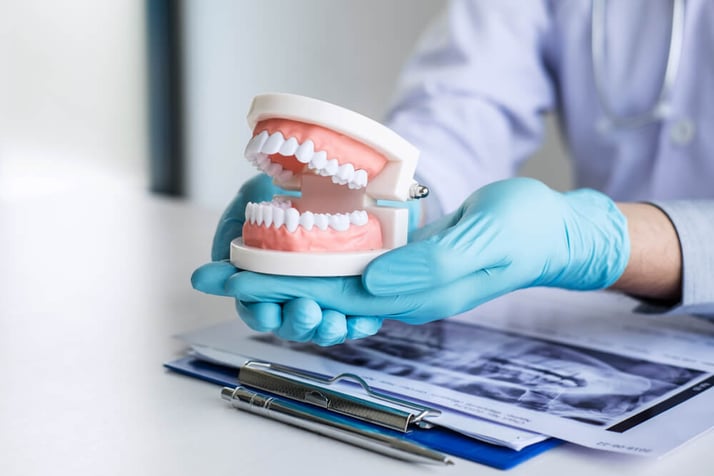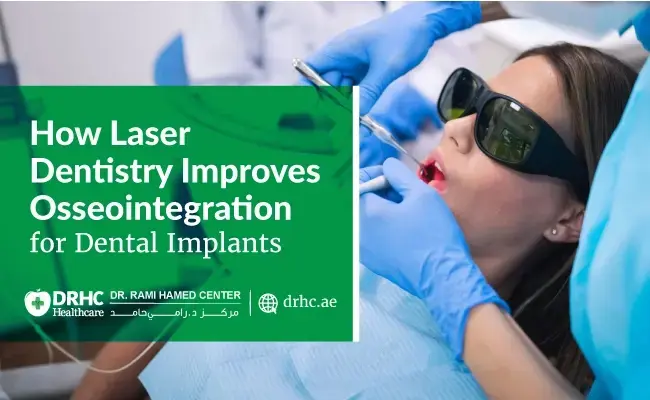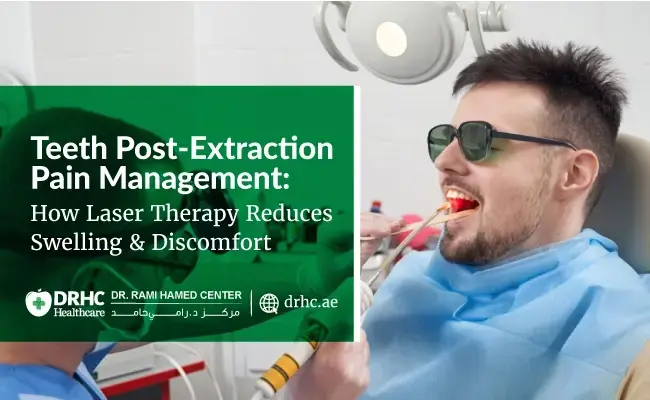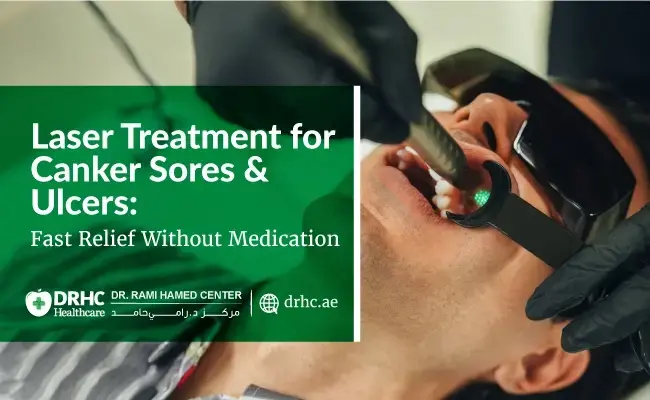
When it comes to oral health, one of the most common and troublesome issues that people face is dental caries, more commonly known as cavities. These tiny, yet destructive, holes in your teeth can lead to discomfort, pain, and sometimes more severe dental problems if left untreated. Here we'll dive into the world of dental caries, exploring what causes them, how to prevent them, and the available treatment options. By the end of this read, you'll have a better understanding of how to maintain a healthy, cavity-free smile.>

What are dental caries?
Dental caries are essentially tooth decay. They occur when the hard enamel on the surface of your teeth is damaged due to various factors, including bacteria, poor oral hygiene, and dietary choices. Over time, this damage progresses, leading to the formation of cavities. But there's more to this common dental issue than meets the eye. In the sections that follow, we'll take a closer look at the causes of dental caries and how you can prevent them from developing in the first place.
Causes of Dental Caries
Dental caries are the result of a complex interplay of factors. Understanding these causes can help you take proactive steps to prevent them. Here are the primary culprits:
- Bacteria: The mouth is home to numerous types of bacteria, some of which are harmful and produce acids when they feed on sugars and carbohydrates. These acids gradually erode the enamel, leading to cavities.
- Poor Oral Hygiene: Inadequate brushing, flossing, and rinsing with mouthwash can allow plaque, a sticky film of bacteria, to build up on your teeth. Over time, plaque hardens into tartar, making it more challenging to remove, and increasing the risk of cavities.
- Sugary and Acidic Foods: Consuming sugary or acidic foods and beverages feeds the harmful bacteria in your mouth, accelerating enamel damage.
- Dry Mouth: Saliva plays a vital role in protecting your teeth by neutralizing acids and providing essential minerals. A dry mouth reduces this protective effect, making you more susceptible to cavities.
Prevention Strategies
Preventing dental caries involves a combination of good oral hygiene practices and dietary choices. Here's what you can do to protect your teeth:
- Brush and Floss Regularly: Brush your teeth at least twice a day and floss daily to remove plaque and food particles.
- Limit Sugary and Acidic Foods: Reduce your consumption of sugary snacks and beverages. Opt for water over sugary drinks.
- Dental Checkups: Regular dental checkups by Dr Ashik Muhammed are crucial for early detection and treatment of cavities. Your dentist Dr Ashik Muhammed can also provide professional cleanings to remove plaque and tartar.
- Fluoride: Use toothpaste and mouthwash that contain fluoride, as it helps strengthen tooth enamel.
- Dental Sealants: Dental sealants, are protective coatings applied to the chewing surfaces of molars to prevent cavities.
Treatment Options
If you already have dental caries, prompt treatment is essential to prevent further damage. Treatment options may include:
- Fillings: filling of cavities with materials such as composite resin or amalgam.
- Crowns: For more extensive damage, a crown may be necessary to cover and protect the tooth.
- Root Canal: In cases of severe infection or damage, a root canal may be performed to save the tooth.
Conclusion
Dental caries are a common oral health issue, but they are largely preventable with good oral hygiene and dietary choices. Regular dental checkups by Dr Ashik Muhammed are essential to catch and address cavities early. By taking steps to protect your teeth and seeking treatment when needed, you can maintain a healthy and cavity-free smile.
Stay tuned for more tips and insights on maintaining excellent oral health in future blog posts.
Topic: Dental



.png)





Leave a comment